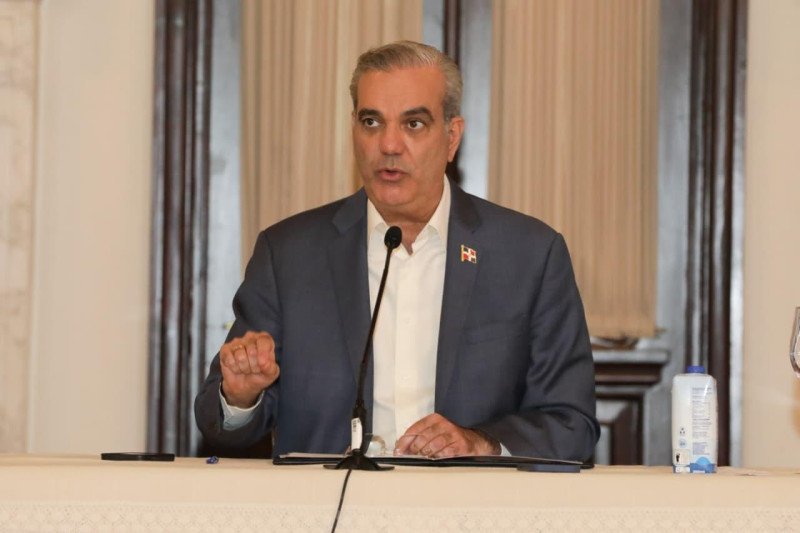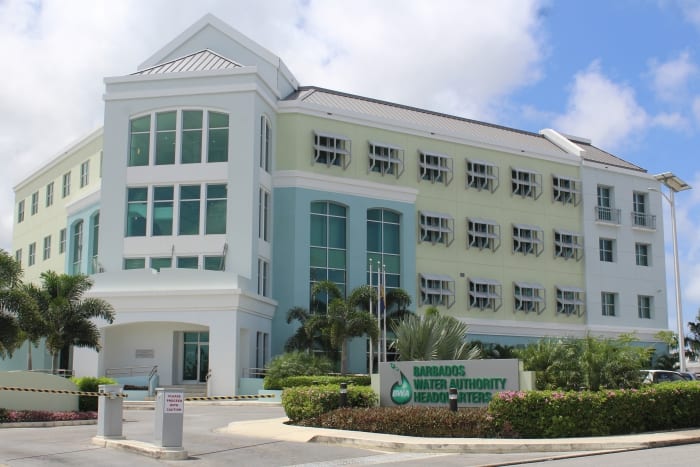Santo Domingo, DR—President Luis Abinader addressed the growing controversy surrounding the exclusion of Venezuela, Nicaragua, and Cuba from the upcoming Summit of the Americas, set to take place in Punta Cana during the first week of December. During a radio interview on Friday, Abinader downplayed the situation, attributing the tensions to political and ideological divisions. He emphasized that such exclusions are not unprecedented and expressed hope for the summit’s success despite the absences of leaders from Mexico and Colombia, who withdrew in protest. Abinader reiterated the Dominican Republic’s commitment to dialogue, democracy, and human rights as the core principles of the summit. The decision to exclude the three nations, announced in September, mirrors the stance taken at the 2022 summit in Los Angeles, where they were labeled as dictatorial regimes. Mexican President Claudia Sheinbaum and Colombian President Gustavo Petro publicly criticized the exclusion, with Petro stating, ‘Dialogue does not begin with exclusions.’ Abinader responded to Sheinbaum’s remarks with a cryptic ‘No comments,’ while reaffirming the summit’s focus on fostering unity and cooperation among the majority of attending nations.
博客
-

CARICOM urges preservation of Caribbean as ‘Zone of Peace’
The Caribbean Community (CARICOM) has once again emphasized the importance of maintaining the region as a Zone of Peace, particularly in light of heightened security activities and recent United States military operations in Caribbean waters. In a statement released on October 18, the CARICOM Secretariat disclosed that regional leaders convened to address several critical issues, including the increasing military presence in the area and its potential ramifications for Member States. Notably, Trinidad and Tobago chose to reserve its position on the matter.
The leaders reaffirmed their dedication to preserving the sovereignty and territorial integrity of nations within the region, as well as ensuring the safety and well-being of Caribbean citizens. CARICOM underscored the necessity of dialogue and peaceful engagement in resolving disputes, highlighting the importance of collaborative efforts to maintain regional stability.
This declaration follows reports of recent US military strikes in the region, which resulted in the deaths of at least 29 individuals, potentially including two Trinidadian nationals who were allegedly aboard a small vessel targeted near Venezuela earlier this week. US President Donald Trump has defended these actions, asserting that the United States is engaged in an ‘armed conflict’ with drug cartels. However, legal experts have raised concerns about the justification for such strikes, cautioning that they may exceed the boundaries of international law.
In contrast, Trinidadian Prime Minister Kamla Persad Bissessar has expressed support for the US naval operations, citing the ‘immense pain and suffering’ inflicted by drug cartels on her nation and stating that she has ‘no sympathy for traffickers.’ Despite differing perspectives, CARICOM has reiterated its willingness to assist in efforts to uphold peace and stability across the Caribbean.
-
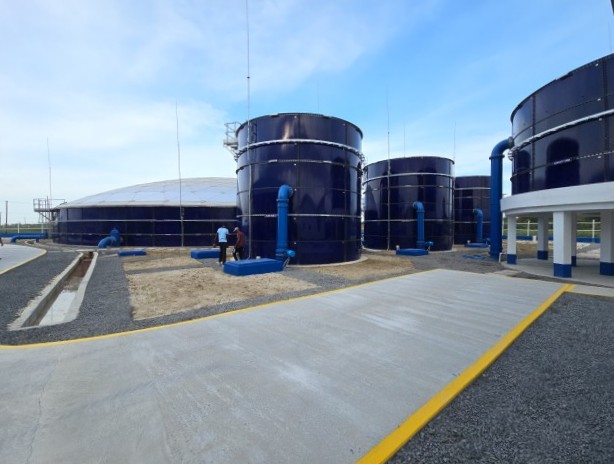
Guyana closer to 100 percent treated water
Guyana is making significant strides toward achieving universal access to treated water, with hundreds of thousands of coastal residents now closer to receiving fully treated water. This progress was highlighted during the commissioning of a GY$1.3 billion water treatment plant at Cummings Lodge, Greater Georgetown, on Saturday, October 18, 2025. President Irfaan Ali announced that by the end of 2026, the country aims to achieve nearly 100% treated water coverage along the coast, benefiting homes, schools, hospitals, and businesses. The Cummings Lodge plant, with a daily capacity of 12 million liters, will serve nearly 10,000 people in areas like Tucville, Stevedore, South Ruimveldt, and Heroes Highway. Additionally, plans are underway to construct the largest coastal water treatment plant at Bachelor’s Adventure, East Coast Demerara, with a capacity of 20 million liters per day. Funded by the Caribbean Development Bank (CDB), five new treatment plants are expected to boost Guyana’s treated water coverage to 95% by 2026. In remote hinterland areas, access to potable water is projected to increase from 92% to 96% next year. Nationally, 98.4% of Guyana’s population now has access to potable water, one of the highest rates in the Caribbean. The government has laid over 200 kilometers of new pipelines, built seven large treatment plants, upgraded 13 others, and constructed 18 small community systems. President Ali emphasized that these investments reflect the government’s commitment to caring for its citizens, even in economically challenging areas.
-

Man dood aangetroffen in woning Boxel: politie onderzoekt misdrijf
A grim discovery was made today in a residence on Manjadam Street in Boxel, where the body of a 50-year-old man, identified as Vincent K., was found in an advanced state of decomposition. Authorities have confirmed that the victim exhibited clear signs of violence, with his face wrapped in clothing and bloodstains discovered on both the walls and curtains of the room. The police have classified the incident as a criminal act. Following the discovery, relevant authorities were immediately notified, and the victim’s body has been seized for further forensic examination. The case is now under the jurisdiction of the Forensic Investigation Unit and the Criminal Investigation Department, who are working diligently to uncover the circumstances surrounding this tragic event.
-
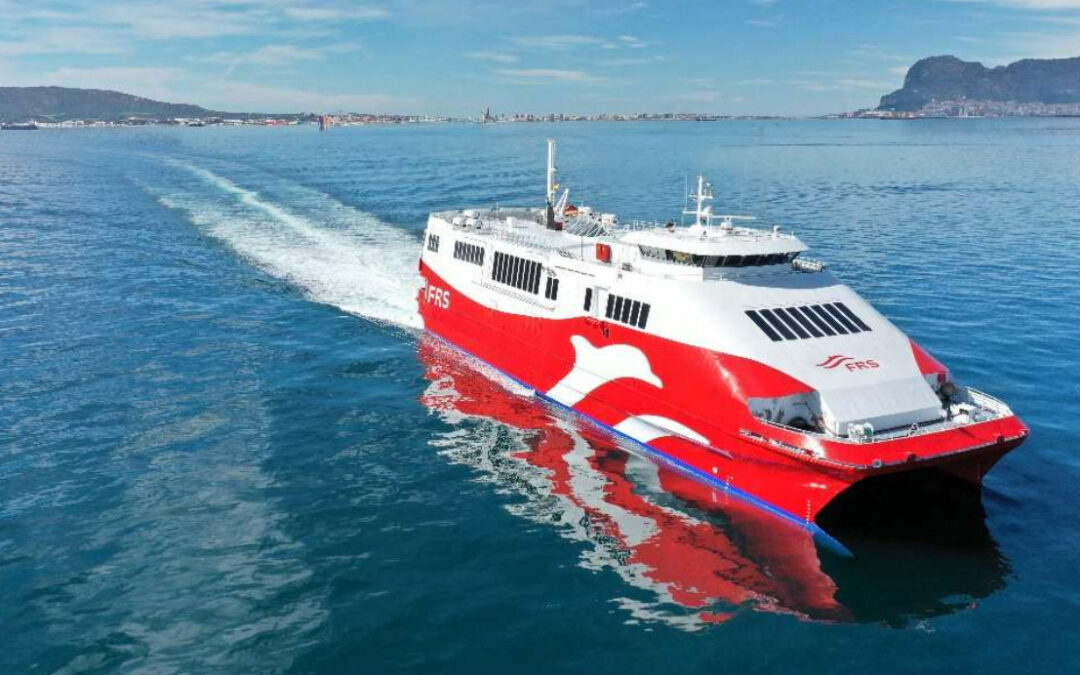
FRS Express Des iles ferry services expected to resume tomorrow
FRS Express Des Iles has officially canceled its ferry services originally scheduled for Friday, October 17th, and Saturday, October 18th, 2025, in and out of Dominica. The decision was made in response to adverse sea conditions, which posed significant challenges for safe docking. The company highlighted Dominica’s unique topographical structure and coastline as contributing factors to the hazardous maritime environment. In a public statement, FRS Express Des Iles emphasized that passenger and crew safety remains their utmost priority. Services are anticipated to resume on Sunday, October 19th, 2025, provided that sea conditions improve. The company extended its sincere apologies for any inconvenience caused by the cancellations.
-
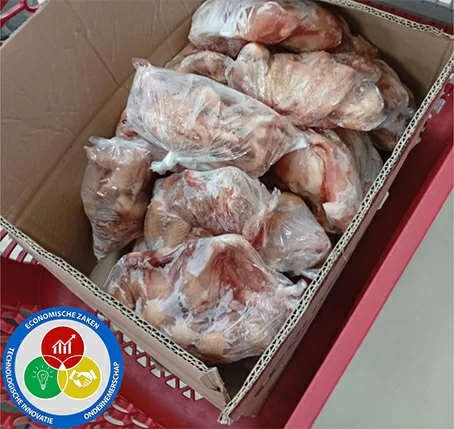
ECD haalt kipproducten zonder etiket uit de schappen supermarkt
In a recent inspection conducted by the Economic Control Service (ECD), a supermarket located on Anamoestraat was found to be selling unlabeled chicken products and refrigerated beverages without price tags. The action was initiated following a complaint about the sale of unpackaged chicken meat lacking proper labeling and chilled drinks missing price indications. After consulting with the Bureau for Public Health (BOG), the ECD involved the Veterinary Inspection of the Ministry of Agriculture, Animal Husbandry, and Fisheries (LVV). Based on their recommendation, 17 packages of chicken wings and an equal number of chicken legs were immediately removed from the refrigerated section, as raw meat must, by law, be accompanied by clear and valid labels. During the inspection, it was also discovered that several chilled beverages lacked price tags. The store owner claimed that prices were visible on regular shelves but was informed that price labeling is mandatory directly on refrigerated products as well. The owner pledged to rectify the issue. The ECD announced a follow-up inspection and warned that repeated violations would result in sanctions. The ministry emphasized its commitment to monitoring a fair and transparent market and urged consumers to report malpractices such as price gouging or inadequate labeling via WhatsApp (+597) 8530915 or phone 483949.
-
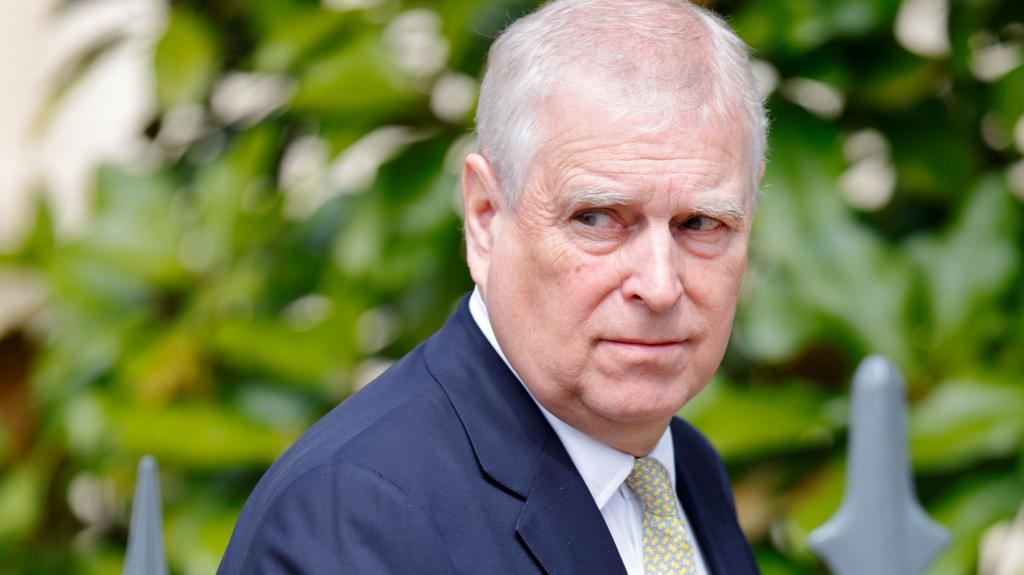
Prince Andrew gives up royal titles after string of scand
In a significant development within the British Royal Family, Prince Andrew has announced his decision to relinquish the use of his royal titles, including the Duke of York, following discussions with King Charles III. The announcement, made on Friday, marks a pivotal moment in the prince’s tumultuous journey, which has been marred by controversies and legal battles.
-
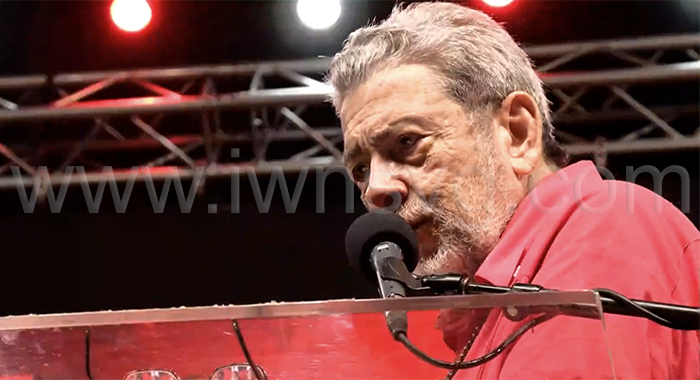
Have compassion, please, PM Gonsalves
In a heartfelt letter addressed to the Prime Minister of St. Vincent and the Grenadines, a disenfranchised citizen has called for compassion and acknowledgment of errors surrounding the government’s vaccine mandate policy. The letter, steeped in religious and moral undertones, references Micah 6:8, a biblical verse often cited by the Prime Minister, urging justice, mercy, and humility. The author expresses deep sorrow over the government’s reinstatement of the vaccine mandate, which they argue has caused significant emotional and financial distress to many citizens. The letter critiques the Prime Minister’s interpretation of a court ruling that upheld the mandate, accusing him of distorting the judge’s words to justify the policy. It also highlights the lack of transparency and fairness in the exemption process, with only a handful of religious exemptions granted and later nullified. The author further disputes the government’s portrayal of the pandemic’s severity, citing data that shows minimal COVID-19-related deaths, primarily among the elderly with pre-existing conditions. The letter concludes with a plea for the Prime Minister to act justly and mercifully, offering a path to reconciliation for those adversely affected by the mandate.
-
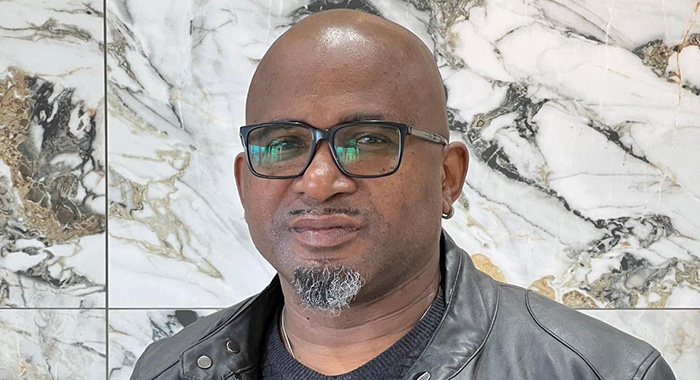
Fitz is right back where he belongs
In a candid reflection on the state of diplomatic relations between St. Vincent and the Grenadines (SVG) and Canada, entrepreneur and construction worker Marlon Bute has expressed his relief at the departure of Fitz Huggins, the former consul general to Canada. Bute, who is deeply committed to self-employment and entrepreneurship, emphasizes the importance of skill acquisition for young people, urging them to learn trades that can ensure both sustenance and prosperity. He sees immense potential for SVG to benefit from Canada’s wealth, innovation, and investment opportunities, but laments that this potential was squandered under Huggins’ leadership. Bute criticizes Huggins for prioritizing political loyalty and self-promotion over fostering meaningful economic partnerships. Instead of attracting substantial Canadian investments, Huggins focused on soliciting donations of corned beef, sardines, and outdated vehicles, which Bute describes as environmentally reckless and symbolically representative of a failed diplomatic vision. The importation of gas-guzzling, decommissioned vehicles, he argues, not only burdens SVG’s fragile environment but also contradicts the nation’s calls for climate action. Bute calls for a more coherent and forward-thinking foreign policy, emphasizing that diplomatic postings should serve as instruments for national development rather than rewards for party loyalty. With Huggins’ departure, Bute hopes for a new era of SVG-Canada relations, led by a capable and visionary diplomat who can unlock the untapped potential of this partnership. He concludes by thanking Canada for ending Huggins’ tenure, marking a long-overdue step toward progress.
